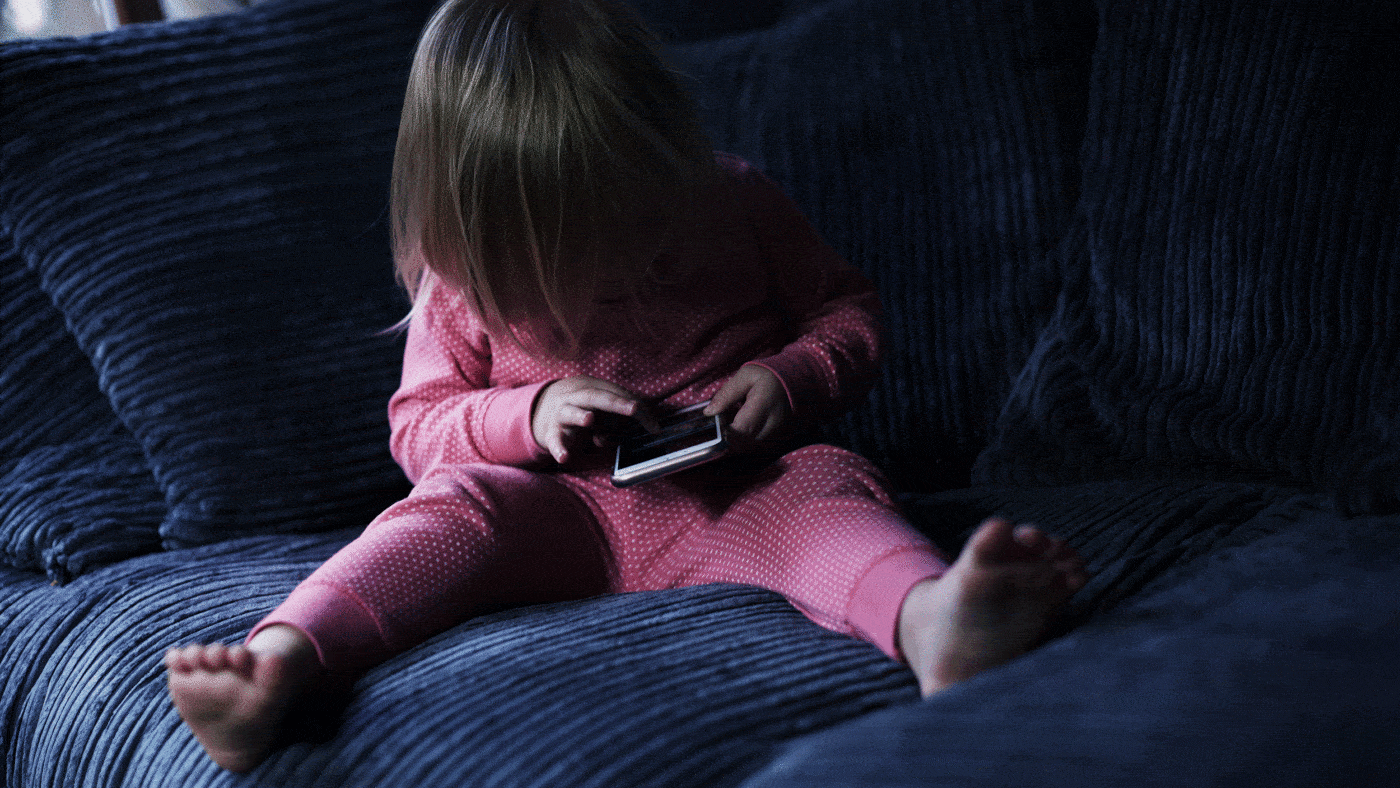Children are growing up in a world very different to the blissful, social media-free world experienced by previous generations – something that presents a big challenge for today’s parents. The pace of technological change is dizzying, but that shouldn’t stop us questioning whether a fifth of four to six year olds really need a mobile phone.
It’s easy to point the finger at giant social media firms, but it isn’t Facebook or TikTok putting mobiles into the hands of children. Parenting is too often overlooked, as politicians take the easy route of legislating rather than asking difficult questions about why parents are setting up social media profiles for their children.
Every year Ofcom, the media regulator, conducts a survey of media usage in our homes. Every year they discover that children not long out of nappies are being given phones and profiles on social media sites. The latest survey shows that parents are actively aiding and abetting this practice by enabling their children to set up profiles. No government bill can legislate for parents simply not taking responsibility – and we shouldn’t be afraid to say that.
This time researchers at Ofcom have found that eight in ten eight to 12-year-olds have a Snapchat account and two thirds are on the video streaming platform TikTok. Half of these primary school aged children admit that their parents helped them set up an account. Others may be going behind their parents’ backs, with three quarters of under 12s saying they lied about their birth date when signing up to TikTok and Snapchat.
As well as age-inappropriate material, mobile phones can expose children to a new level of bullying that goes beyond the playground. Now that an astonishing 98% of teens use messaging apps, online harassment is omnipresent for children who a generation ago could’ve sought refuge in the home. If an academic did a study of the 2% who refuse to engage they might find some blissfully happy teenagers
In Westminster, politicians will spend the next few months debating a new Online Safety Bill to clip the wings of social media firms, but it’s almost guaranteed that little attention will be paid to what happens in the home. This is despite the Treasury handing out well over £23bn a year in support to families with children. We should expect more for this money.
Politicians hate finger-wagging, they much prefer being on TikTok than telling parents to take their children off the site. This isn’t harmless fun, sharing quirky selfies or discussing that night’s homework. Some head teachers have warned that children spend more hours than a full working week on social media and messaging platforms like WhatsApp. Some quick fire Civitas analysis of Hansard entries shows that, of 49 MPs who spoke in debates on the recent Online Safety Bill, only five mentioned the role of parental responsibility.
No one really wants to defend huge global social media firms and their enormous profits. The tobacco industry of the 21st century badly needs to be reined in, but at some point we need to take a long hard look at what parents are up to. This will need a stick and carrot to get the message across. It might just mean we need to get tough with parents, with schools and local authorities – reminding them of the potential harm that comes from social media obsessions. Few parents hand out cigarettes to their children anymore, but once it was considered quite normal to puff away after dinner.
By signing them up to sites they are too young to be on, parents are conducting a huge social experiment on their own children – giving them access to material that would never have been available to previous generations. An Act of Parliament alone won’t solve this problem – it’s time for our overly timid political class to find its voice, and break the taboo around talking about parenting.
Click here to subscribe to our daily briefing – the best pieces from CapX and across the web.
CapX depends on the generosity of its readers. If you value what we do, please consider making a donation.


